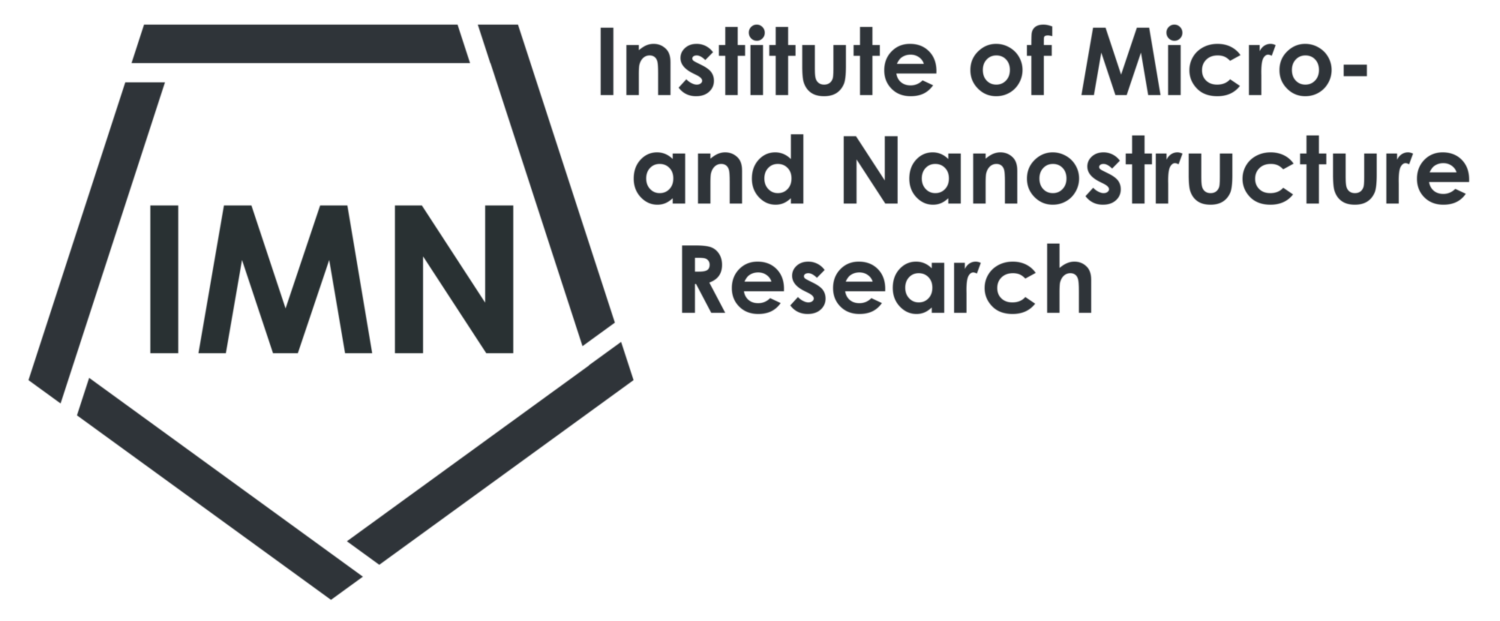Sub-Kelvin precision in situ thermometry achieved in gas cells

In situ TEM investigations in environmental conditions are a powerful approach to analyze materials for catalysis, especially if you utilize dedicated MEMS heating systems to operate at elevated temperatures. However, how can we be certain that the heating devices achieve the required temperature at the spot of observation? In situ thermometry provides an answer.
In a recent paper published in Ultramicroscopy (https://doi.org/10.1016/j.ultramic.2022.113494) by Birk Fritsch and colleagues, in situ temperature measurement has been pushed to a new height to sub-Kelvin precision! In this joint project conducted by researchers at IMN, FAU Erlangen-Nürnberg, Fraunhofer IISB, DENSsolutions, and Helmholtz-Institut Erlangen-Nürnberg für Erneuerbare Energien, this technique has been applied to analyze the thermal stability of a DENSsolutions Climate Nano-Reactor in operando locally within the irradiated area.
By tracking the amount of thermal expansion in gold nano-particle ensembles via parallel-beam electron diffraction (PBED), a method developed at IMN (see related work here), local temperature fluctuations were observed with an accuracy of ±0.36 K, equaling a relative precision of 5 ppm. This temperature resolution is as high as in XRD analysis and was achieved by a joint effort of advanced data analysis in Python, mitigation disturbing experimental conditions including overcoming membrane bulging and suppressing membrane charging, and a high area density of the gold nano-thermometers. It was harnessed to quantify the mean local thermal stability of a DENSsolutions Climate Nano-Reactor between 100 and 1000 °C setpoint temperature for different operation conditions, revealing that thermal fluctuations remain below 2 K.
Congratulations to Birk Fritsch, Mingjian Wu, Andreas Hutzler, Dan Zhou, Ronald Spruit, Lilian Vogl, Johannes Will, Hugo Perez-Garza, PhD, Martin Maerz, Michael Jank, and Erdmann Spiecker for the great work!
